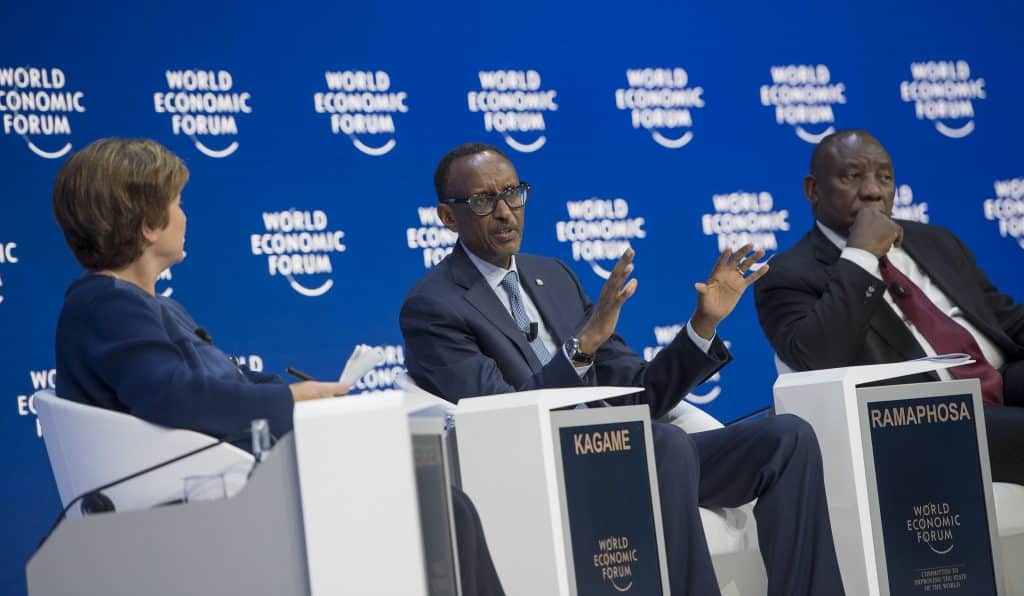For five decades, the Swiss Alps have been the legendary destination for the World Economic Forum (WEF). On the agenda from 15 to 19 January 2024: “rebuilding trust”. World leaders, including heads of government and multinational bosses, are meeting in Davos to reflect on how to overcome the ever-increasing obstacles to economic development and diplomacy on the planet.
These include the wars in Ukraine and Gaza, terrorism in the Sahel and the natural disasters (earthquake in Morocco, floods in Pakistan and Libya, forest fires in Western Canada) that have marked 2023. These geopolitical and meteorological disasters, which destroy infrastructure and housing and attack biodiversity, will dominate discussions at the 2024 WEF because of their consequences.
These include a slowdown in food and energy supplies and a staggering rise in inflation worldwide (400% in Lebanon, 42.5% in Sierra Leone, 21.6% in Hungary, 37.8% in Ethiopia). A recent WEF report goes further, stating that climate change could “lead to 12.5 billion dollars in economic losses worldwide by 2050”.
The fate of Africa
Most African decision-makers were conspicuous by their absence, unlike in 2022 when the heads of state of Egypt, Rwanda, Ivory Coast, Tunisia and South Africa were present. This is wrong, because growth on all continents will be discussed at Davos. Again this year, the impact of global warming on human and financial health will be monitored on a global scale.
And Africa is rightly in the front line, with 9 million deaths a year due to atmospheric pollution, according to the British scientific journal The Lancet. For its part, the World Bank is concerned about the cost of natural disasters, pointing out by way of illustration that Mozambique has lost up to $316 million in cyclones and storms in recent years.
Read also- Wilfried Adingra: « All innovative financing must be absolutely linked to the SDGs »
Artificial intelligence (AI) is one of the avenues of resilience being explored on the international stage to respond effectively to these recurring situations. At least, that’s the message delivered by Satya Nadella, the CEO of Microsoft, and Sam Altman, the creator of ChatGPT, who are taking part in the Davos conference until 19 January. Technology also has a role to play in the economic and climate crises in America, Europe, Asia and Africa.
Benoit-Ivan Wansi
